Race for Lost Time
September 5, 2016
That total depravity thing really threw me off my game in my youth.
The T in TULIP cramped my style big time. I spent a lot of energy as a young person and a young Christian denying myself as part and parcel of following Jesus. Which complicated my personal and spiritual development when the teenage years should have been a time to discover, not deny, who I am. I’m not sure how it seeped into popular theology, but I used to believe that the decisions I made regarding how to spend my time, which friends to make, who to date, what school to go to, my life vocation, were tainted by my human inclinations for selfishness and every impulse needed to be cleansed through prayer. Like this, “I know I’m a sucky, sucky human being who is moving forward with this decision, but BY YOUR GRACE O LORD, may it be the correct course.” You don’t live through your adolescence with this sort of spiritual self-flagellation without coming out with some scars.
It saddens me when I see young people swallow the ideology which tells them their negative impulses are due to a sinful nature, which I think leads to repression and rejection of personal responsibility, instead of working through healthy ways of learning from consequences.
I am still on this journey of picking up the pieces from the disembodied theology of my youth.
Over the summer, I committed to reading books from authors who are non-white. I read the beautiful collection of short stories, Interpreter of Maladies by Jhumpa Lahiri, and re-read my favorite, a personal classic—Cutting for Stone by Abraham Verghese. Just last night I finished the Pulitzer Prize winning novel, The Sympathizer, by Viet Thanh Nguyen. I was transported to the colors and fragrances of India, held the pulsating heart of surgical patients in a dilapidated hospital in Ethiopia, and saw my own story reflected in a Communist spy in late 1970s post Vietnam (The American) War.
God showed up in some of these stories but not in most. Certainly not in my encounters with my new fictional communist friend, the man who embraced atheism but saw ghosts from his haunted past.

What these stories did, as good literature does, was to bring me to confront my own humanity. They say the things I didn’t know I felt. In between the pages, I sensed a father’s grief in losing a daughter to a tragic accident, I experienced the heartbreak of a man whose affections for a woman is unreturned, and I was moved by the mentally unstable antics of an Indian beggar on the streets. Perhaps to you this feels unremarkable—perhaps you take for granted the ability to enjoy beautifully human stories. But for a large portion of my years coming of age, I believed to be faithful to God meant I had to keep my humanity in check —I must decrease so that God can increase. I did not allow myself to enter into grief with all of its raw anguish and irreverent rage. I didn’t pay attention to the world because institutional religion sheltered me from it. I have never even had my heart broken by a boy. I saw everything through an ultra-spiritual lens that I became blinded to the very things that made me human.
I can’t relive my past, and it certainty wasn’t all bad. I want to own it, embrace it, be thankful for it. But I can’t help but race for lost time. Like, how is it possible that the summer is already over? The glorious weeks I’ve devoted to listening to beautiful writers spin their gripping tales? The summer evenings of watching documentaries on Netflix with my children learning mind-blowing revelations about how we share a large portion of our human genes with trees! I want more time to perfect my warrior pose, massage my shoulders with Taiwan’s waterfalls, and laugh deliriously with old friends.
The truth I am learning post deconstruction of Total Depravity is that rejecting my humanity is not the path to meet God. But that to truly come face to face with the Divine is to explore God’s image deeply imprinted within me and 7 billion other image bearers. To do that I need not just the spiritual lens of my childhood, I’ll also need the political lens through which to view the activity my government, the literary lens through which to view the landscape from another’s words, the scientific lens through which to grapple with the discoveries that determine how we eat, breathe, heal, move, and die. I need to reclaim the human lens to see mine, and our collective humanity.
To be sure, confronting our humanity is also to wander into the dark recesses of our inhumanity. Perhaps that’s what the religious gatekeepers are most fearful of, that if they didn’t sufficiently threaten us with our depravity we would discover it for ourselves and be mired there. But more and more I think the mistake of those who are “saved” is to believe depravity exists only in the other, while I’m inclined to see our propensities for both good and for evil. Because depraved we may be, it’s not always, it’s not pre-determined, it’s not inevitable, and it’s certainly not total. Whatever it is, I want to feel it, expose it, dissect it, and find hope through it.
I guess I just don’t want to be afraid of having my heart broken anymore. I think God wants to meet me where it can break. The summer may be over, but there is time yet to live.

